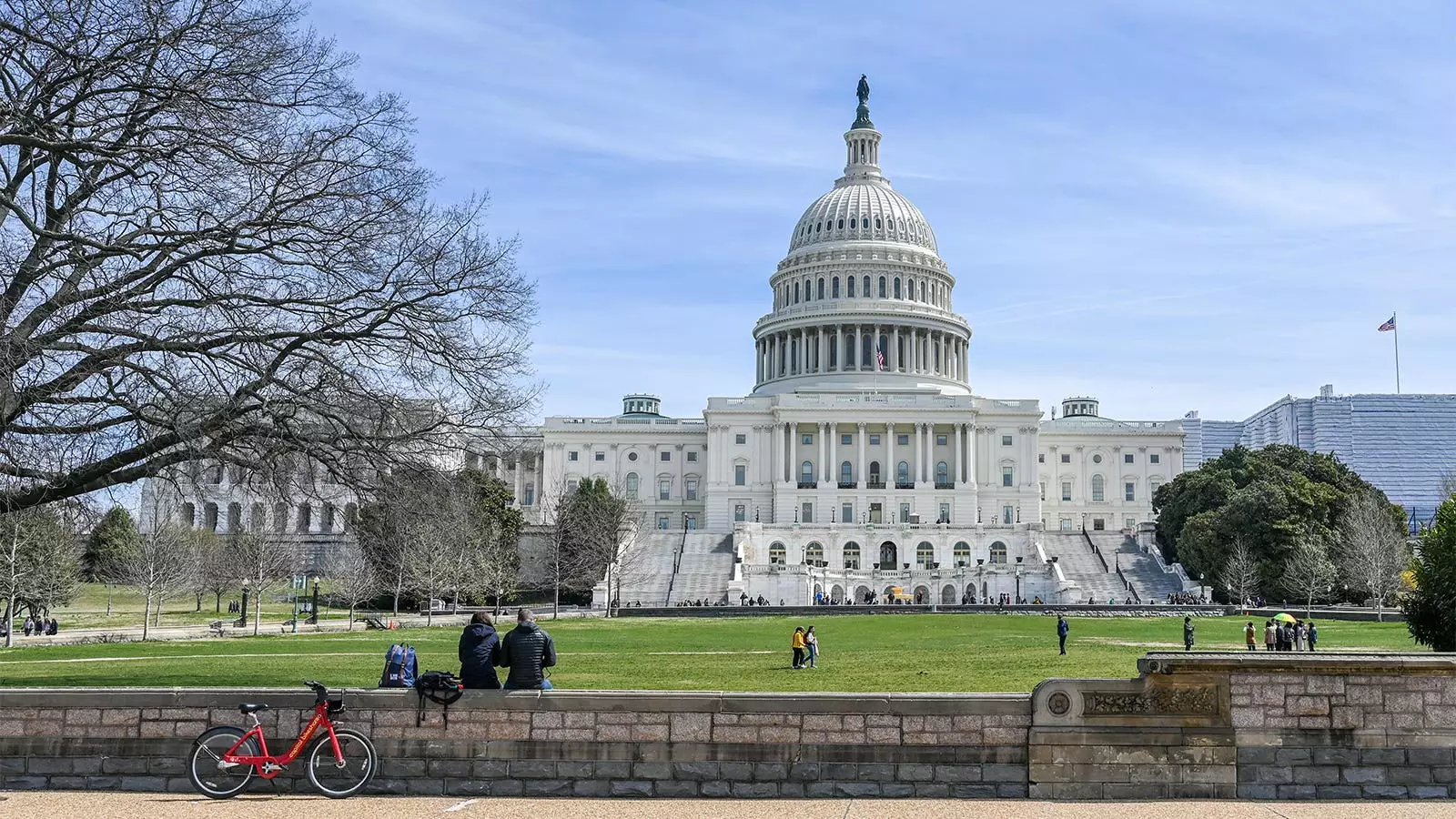In the wake of the recent congressional elections, a spotlight shone on the intersection of healthcare expertise and political representation. With all 435 seats in the House of Representatives up for grabs, a significant number of healthcare-affiliated candidates competed for office, striving to bring their professional insights into policymaking spheres. The outcome of these races not only indicates the prevailing political sentiments but also raises questions about the representation of healthcare professionals in Congress.
The Tight Races and Close Calls
One of the most noteworthy aspects of this election cycle was the razor-thin margins in several key races. For instance, in Arizona’s District 1, with nearly 60% of the vote counted, incumbent Republican David Schweikert held a slim lead over Democrat Amish Shah, an emergency physician and former state legislator, with votes tallied at 51% to 49%. The closely contested nature of this race encapsulated the high stakes involved, highlighting a potential shift in voter sentiment toward candidates with direct healthcare experience during a time when health issues are front and center in public discourse.
Similar narratives emerged throughout various districts. In Kansas District 3, oncologist Prasanth Reddy lost to incumbent Rep. Sharice Davids, with results showing Davids securing 53% compared to Reddy’s 43%. The defeat of a physician in this context raises pivotal questions about the appeal of healthcare professionals in political roles, especially given the urgent need for knowledgeable legislators during ongoing public health crises.
On a more positive note for those with medical backgrounds, numerous healthcare candidates emerged victorious in other races, with strong endorsements from their communities. Notable victories included Kelly Morrison, an ob-gyn and state senator in Minnesota who won her race with a solid 58% to 41% over her opponent, reflecting the electorate’s desire for representatives who grasp the intricacies of healthcare policies.
Similarly, in Oregon’s District 3, pulmonologist Maxine Dexter commanded a resounding victory, capturing 69% of the vote against lawyer Joanna Harbour. Such wins signify an increasing acceptance and reliance on policymakers who not only understand legislative processes but also possess robust healthcare backgrounds, potentially enriching legislative discussions on health matters.
The Presence and Absence of Physician Lawmakers
Interestingly, several incumbent physician lawmakers secured their positions, while others will be exiting the political arena. Among the re-elected are prominent figures like Ami Bera, MD (D-Calif.), and Scott DesJarlais, MD (R-Tenn.), who continue to contribute their medical expertise to Congressional debates. Meanwhile, the political landscape will see the departure of notable physician representatives such as Mike Burgess, MD (R-Texas), which raises alarms about the future impact of healthcare knowledge in legislative decisions.
The absence of experienced healthcare providers in Congress signals a potential gap in critical discussions surrounding health-related legislation. Worryingly, the data suggests that there may be fewer voices advocating for healthcare reform as seasoned legislators step back from their political roles, leading to concerns about how this could shape future discourse on health issues.
As healthcare continues to dominate societal concerns, particularly against the backdrop of a global pandemic and systemic inequalities, the presence of medically trained lawmakers becomes increasingly crucial. The outcomes of the recent elections provide a mixed bag of results, underscoring both challenges and opportunities for healthcare policy formulation.
The ongoing debate about health service accessibility, insurance coverage, and public health initiatives hinges considerably on the qualifications of those in power. The dwindling numbers of physician representatives could complicate efforts to address pressing health policies, raising the stakes for future elections, where the integration of healthcare professionals into political spheres will be a determining factor in achieving substantive healthcare reform.
As the public watches the transitions within the House unfold, one can only hope that the value of healthcare representation will resonate deeply within the electorate, paving the way for the election of candidates who prioritize not only political agendas but also the health and wellbeing of their constituents.


Leave a Reply